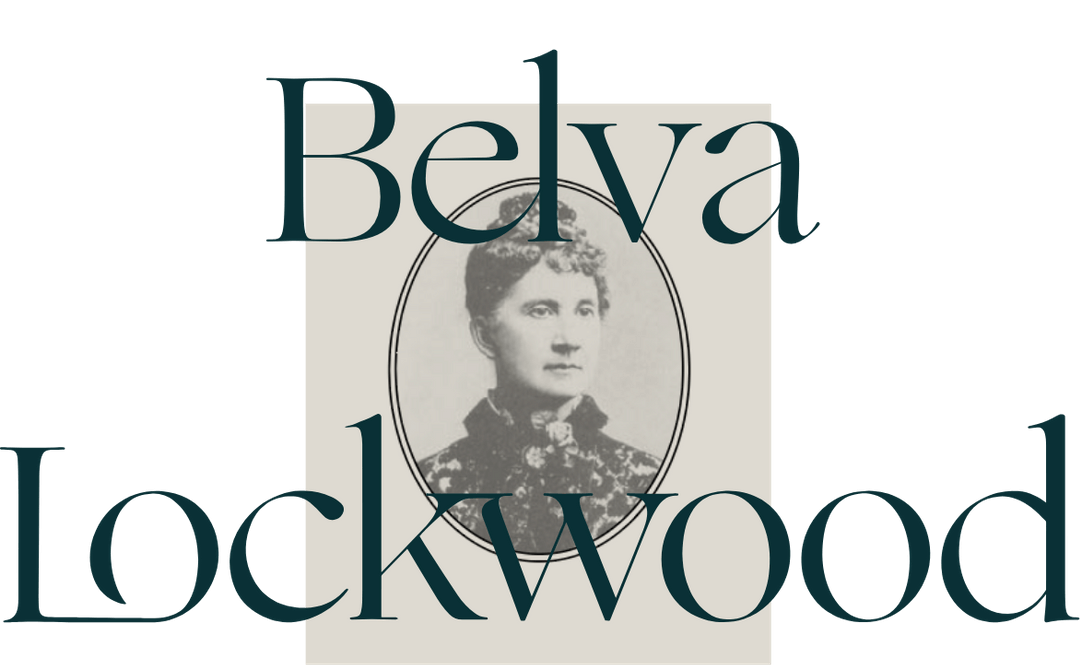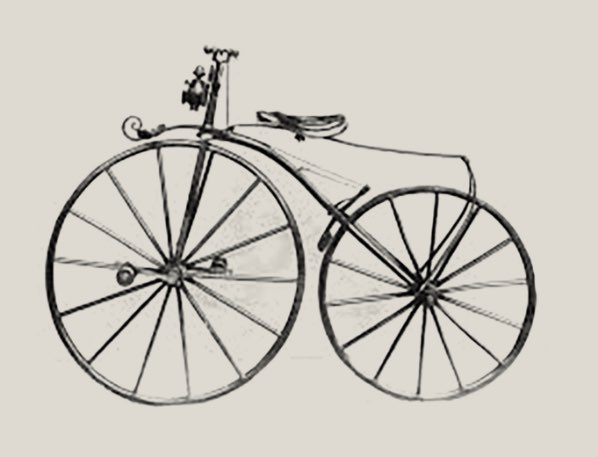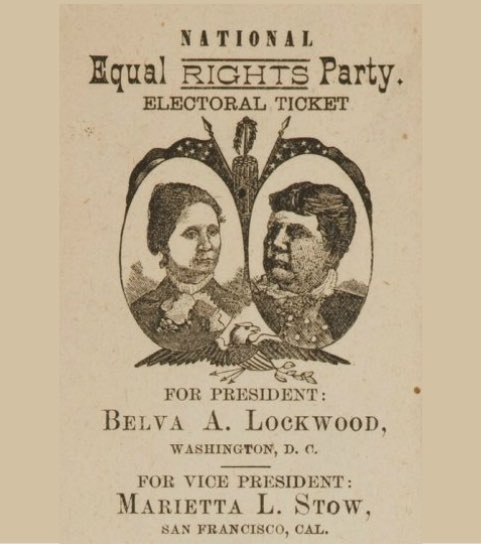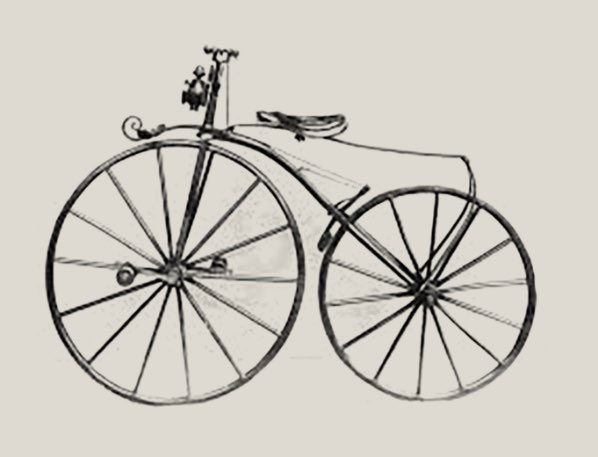Belva Lockwood

bold and intrepid spirit
With Kaiser v. Stickney and the United States v. Cherokee Nation, Belva was the first woman to argue a case in front of The Supreme Court.
Celebrate Belva at her resting place in the Congressional Cemetery
At the Congressional Cemetery in Washington D.C Belva rests amongst others who fought for social justice, equality and human rights.
The Oval Office was where she saw herself
When neither political party endorsed the Women’s Suffrage movement, Belva announced herself as the Equal Rights Party nominee for the presidential election of 1884. She ran again in 1888.
Belva believed running for political office was how she, among other women, could demonstrate their competence and interest in politics.
While the United States law had not yet permitted women to vote, Belva highlighted the irony in the law allowing women to be political.
GW accepted her as the first female law student; only after she petitioned, and won.
Eager for a career in law, she convinced the GW President to admit her and grant her the diploma she needed for admission to the D.C. bar.

Breaking school rules didn’t bother her
During her time at Genesee Wesleyan Academy Belva’s female peers were pursuing acceptable “ladylike” studies in rhetoric and fine arts, while Belva chose to pursue the law.

Winning was her fashion
Between 1873 and 1885 Belva was an attorney in 100 equity court proceedings, and 75 law division listings carried her name.
Half of this courtroom equity work involved divorce actions as Belva had attracted a female clientele whom she represented in complaints against defendant-husbands.
Outside of divorce actions, her work frequently involved injunction proceedings, lunacy commitments and actions requesting the partition of land.
From 1875 to 1885 Belva also represented at least 69 criminal defendants who held charges varying in degree from mail fraud and forgery to burglary and murder. She won decisions in 15 jury trials and submitted guilty pleas in 9.
Draped in a long velvet gown, Belva and her pet parrot rode a tricycle around town, in true iconoclast fashion. The Washington Post nicknamed Belva Mrs. Lawyer Lockwood.
With Kaiser v. Stickney and the United States v. Cherokee Nation, Belva was the first woman to argue a case in front of The Supreme Court.
Celebrate Belva at her resting place in the Congressional Cemetery
At the Congressional Cemetery in Washington D.C Belva rests amongst others who fought for social justice, equality and human rights.
The Oval Office was where she saw herself
When neither political party endorsed the Women’s Suffrage movement, Belva announced herself as the Equal Rights Party nominee for the presidential election of 1884. She ran again in 1888.
Belva believed running for political office was how she, among other women, could demonstrate their competence and interest in politics.
While the United States law had not yet permitted women to vote, Belva highlighted the irony in the law allowing women to be political.
GW accepted her as the first female law student; only after she petitioned, and won.
Eager for a career in law, she convinced the GW President to admit her and grant her the diploma she needed for admission to the D.C. bar.

Breaking school rules didn’t bother her
During her time at Genesee Wesleyan Academy Belva’s female peers were pursuing acceptable “ladylike” studies in rhetoric and fine arts, while Belva chose to pursue the law.

Winning was her fashion
Between 1873 and 1885 Belva was an attorney in 100 equity court proceedings, and 75 law division listings carried her name.
Half of this courtroom equity work involved divorce actions as Belva had attracted a female clientele whom she represented in complaints against defendant-husbands.
Outside of divorce actions, her work frequently involved injunction proceedings, lunacy commitments and actions requesting the partition of land.
From 1875 to 1885 Belva also represented at least 69 criminal defendants who held charges varying in degree from mail fraud and forgery to burglary and murder. She won decisions in 15 jury trials and submitted guilty pleas in 9.
